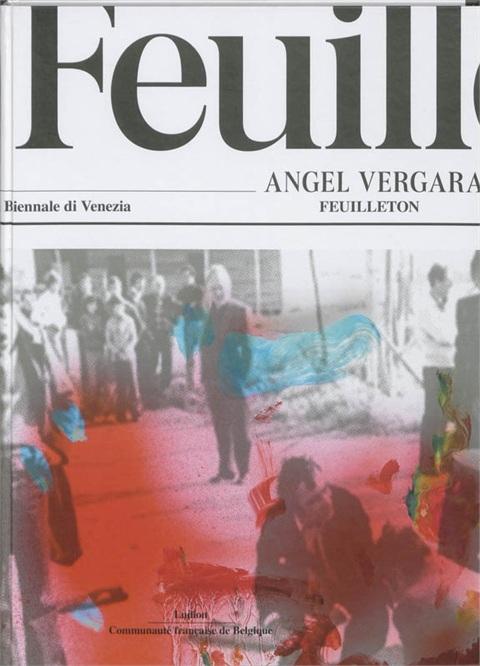Freydal. Medieval Games. The Book of Tournaments of Emperor Maximilian I

The emperor Maximilian I (1459-1519) approached the spectacle of the tournaments, his own adventures and the theater of masks as an artistic form in itself. One of the most important sovereigns of modern Europe, shaped the political map of the continent well into the twentieth century thanks, in large part, to the importance it attached to the power of diplomacy and networks of influence.
From 1512 to 1515, Maximiliano commissioned the realization of a huge manuscript with illustrations and exquisite details dedicated to his 64 tournaments. The 255 miniatures it contains, with elaborate additions of gold and silver, are more than just a collection of scenes of jousting at the Habsburg court, whether large mass battles, lists for foot combats or closing ceremonies : they are an allegorical epic that tells the story of an intrepid hero, a wandering knight who is none other than Maximilian himself. Under the guise of his literary alter ego, “Freydal”, the emperor participates in jousts to demonstrate his love for a lady of the nobility. The story ends when the lady, who is none other than Mary of Burgundy, agrees to marry him in 1477. Produced under the direct supervision of Maximilian himself, Freydal is an invaluable document of the cavalry of the Late Middle Ages that presents the jousting that the emperor revived and even invented, like the spectacular Rennen mit geschifften Tartschen, in which the shields are catapulted into the sky, where they disintegrate and turn into pieces of metal. Today, it remains the most extensive tournament book of the late Middle Ages and is an essential source for the study of court holidays in modern Europe. Too fragile enough to be exhibited permanently, its miniatures are kept in the chambers of the Museum of Art History in Vienna.
To commemorate the fifth centenary of the death of Emperor Maximilian I, TASCHEN presents the complete set of 255 miniatures in photographic reproductions in full color, and makes it possible for the first time this unique manuscript can be enjoyed by all. Stefan Krause, director of the Imperial Armory of the Museum of Art History, presents this amazing collection and tells its fascinating story.
Out of stock
Out of stock


